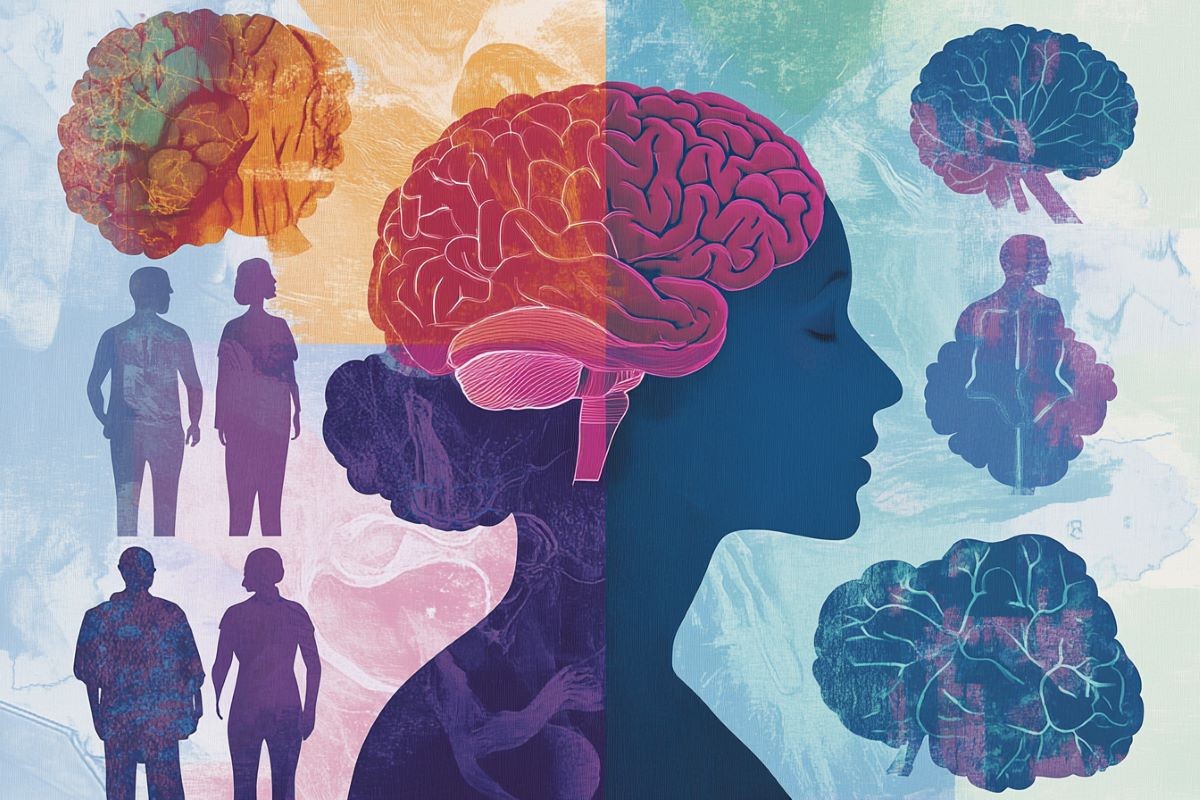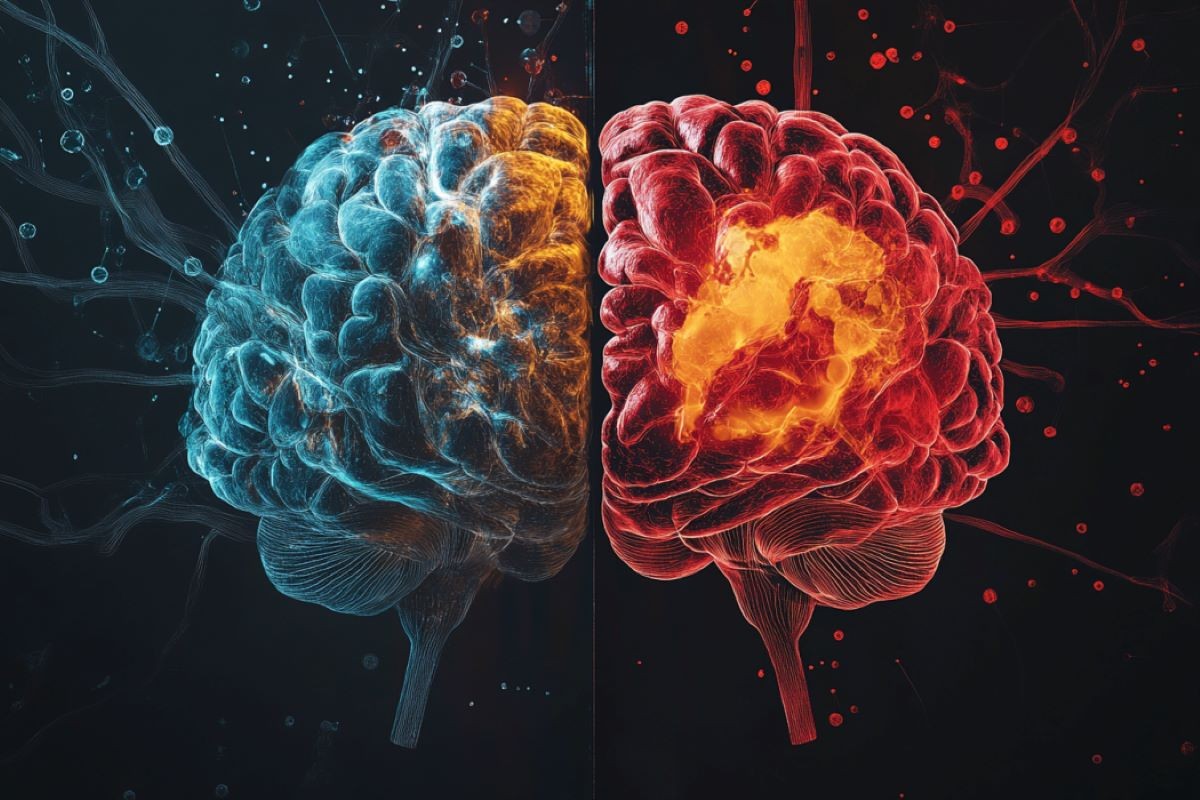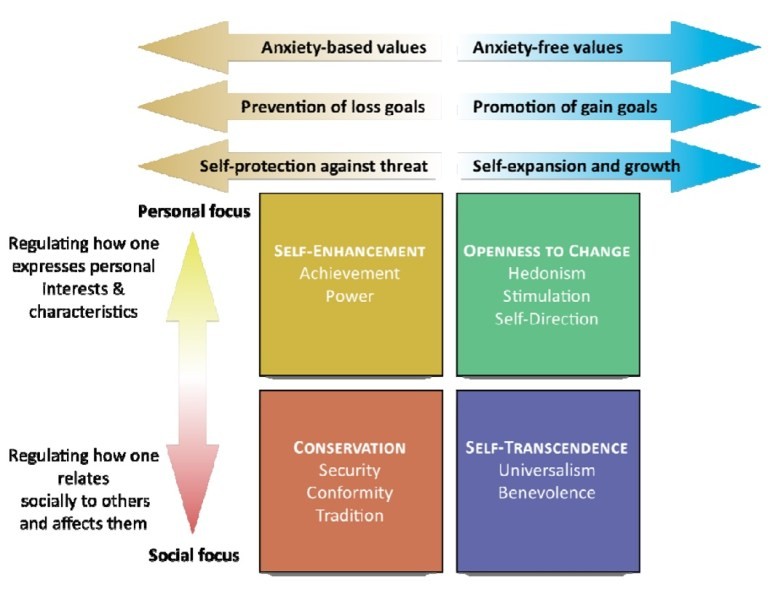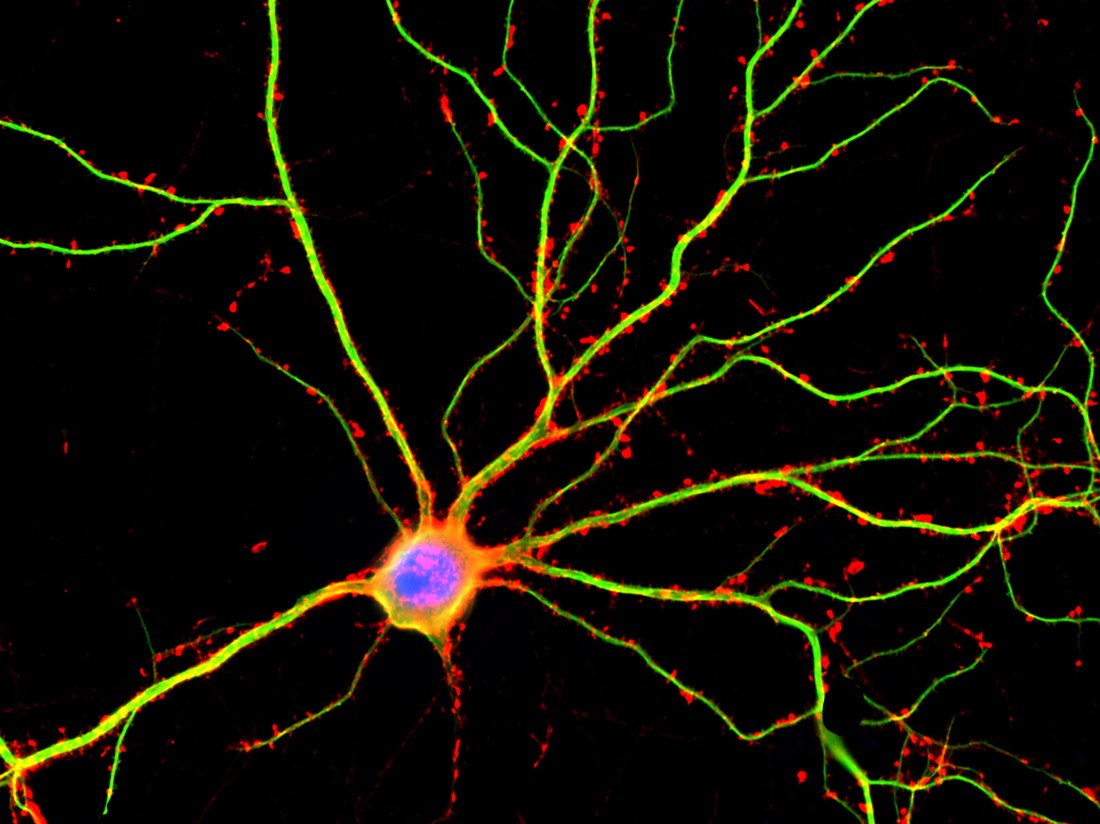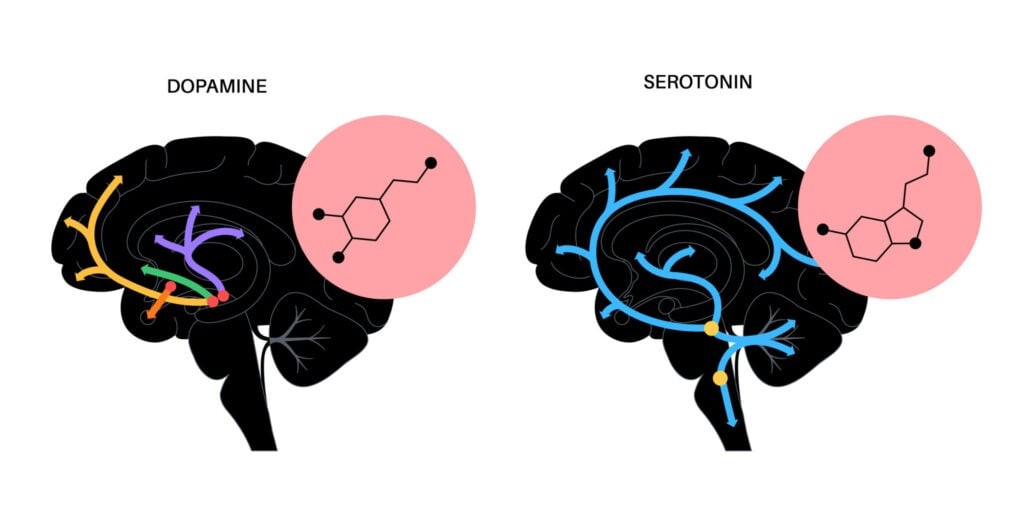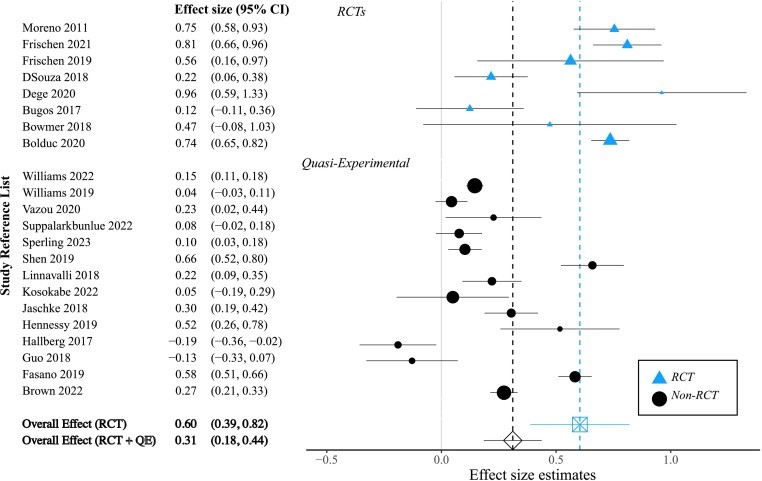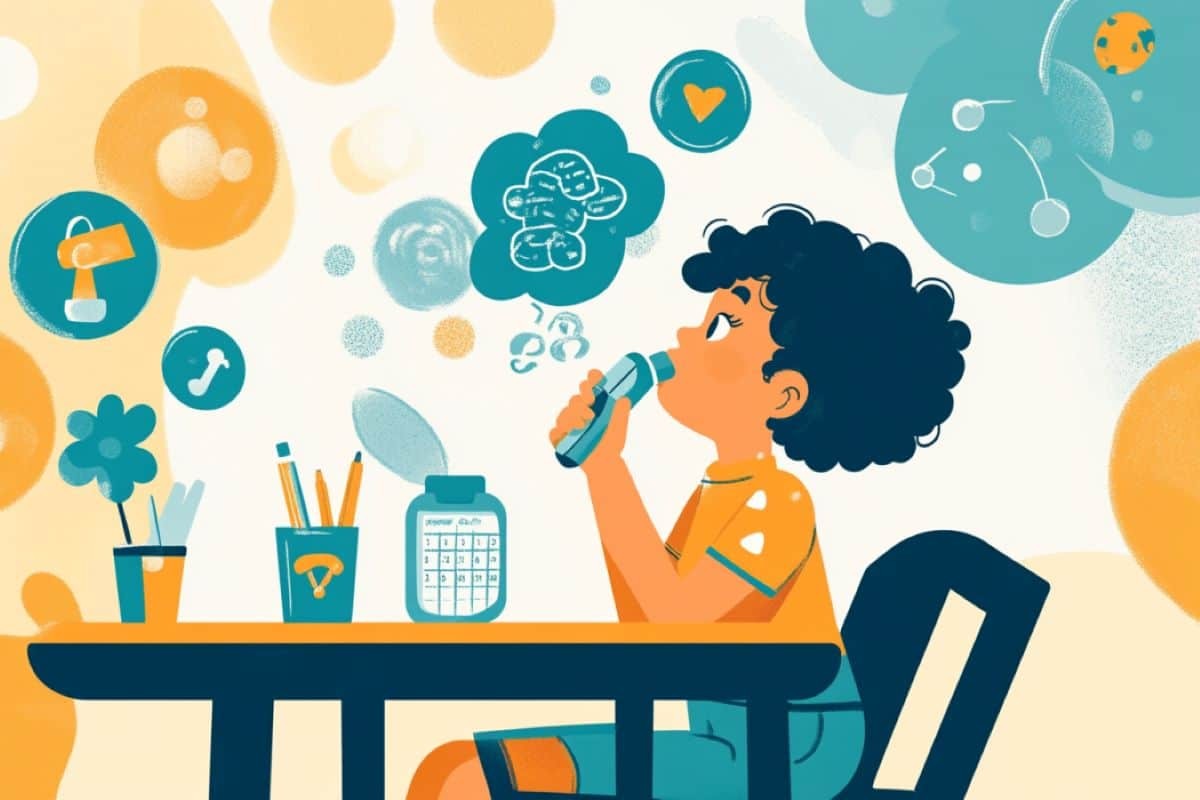Digital vs. Handwritten Notes: New Research Challenges Brain Activity Study
A recent scientific debate has emerged over claims that handwriting notes enhances learning more than typing. While initial research showed increased brain activity during handwriting, critics argue the study's limitations and real-world applicability, prompting new investigations into actual learning outcomes.
Dementia Risk Soars: Half of Americans May Face Cognitive Decline After 55
A landmark study reveals Americans now face a 42% lifetime risk of developing dementia after age 55, with cases projected to double by 2060. The research highlights concerning disparities across demographics and emphasizes urgent needs in healthcare planning and prevention.
Brain Activity Pattern Discovery Could Transform Schizophrenia Diagnosis
Scientists at Tufts and Vanderbilt universities have identified a unique brain activity marker in people with schizophrenia when processing conflicting information. This breakthrough could lead to more precise diagnostic tools and better treatment monitoring for the condition.
Intelligence Linked to Valuing Independence and Altruism, Study Finds
A large-scale Australian study of over 15,000 adults reveals that individuals with higher intelligence tend to prioritize independence, creativity, and helping others while placing less emphasis on tradition and conformity. The research provides insights into how cognitive abilities may shape fundamental values and decision-making.
Adult Brain Cell Growth Boosts Verbal Learning, Study Reveals
Groundbreaking research shows adults can generate new brain cells, with higher rates of neuron formation linked to better verbal learning abilities. The discovery, made by studying epilepsy patients' brain tissue, has significant implications for treating cognitive decline and neurological conditions.
Toddlers Start Creating Novel Word Combinations at 30 Months, Study Finds
A groundbreaking University of Chicago study reveals that English-speaking toddlers begin independently combining determiners and nouns around age 2.5 years. The research, combining behavioral observations and computational modeling, marks a crucial milestone in understanding how children transition from mimicking speech to generating original language.
Brain's Chemical Balance: New Study Reveals Dopamine-Serotonin Dance in Learning Process
Groundbreaking research uncovers how dopamine and serotonin work in opposition yet harmony to enable effective learning in the brain. The study demonstrates that this chemical yin-yang in the nucleus accumbens is essential for forming new associations and processing rewards.
Musical Training Enhances Children's Executive Function and Focus, Major Study Reveals
A comprehensive analysis of 22 research studies shows that musical education significantly improves children's attention and self-control abilities. The groundbreaking review found that just 300 minutes of training produced measurable cognitive benefits, with private lessons showing particularly strong results.
Childhood Poverty Leaves Lasting Impact on Adult Decision-Making, Global Study Shows
An international study reveals how growing up with limited economic resources influences decision-making patterns in adulthood, with effects persisting across cultures. The research highlights distinct behavioral patterns among those who experienced childhood poverty, including a focus on immediate outcomes over long-term benefits.
Asthma in Children Linked to Memory Difficulties, Study Finds
New research reveals a concerning connection between childhood asthma and cognitive challenges, particularly in episodic memory. The study suggests early onset of asthma may exacerbate memory deficits, highlighting the need for a comprehensive approach to managing the condition.

